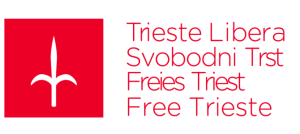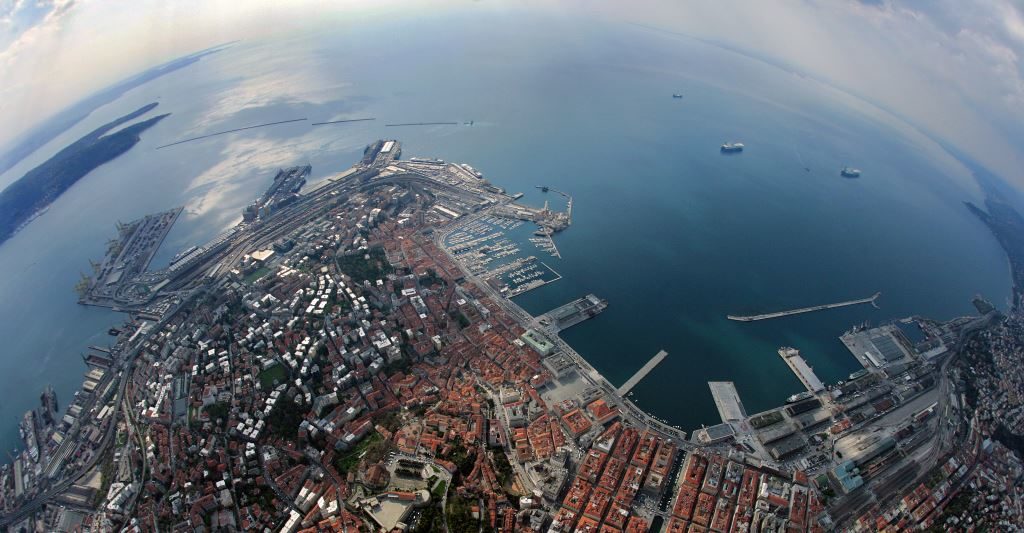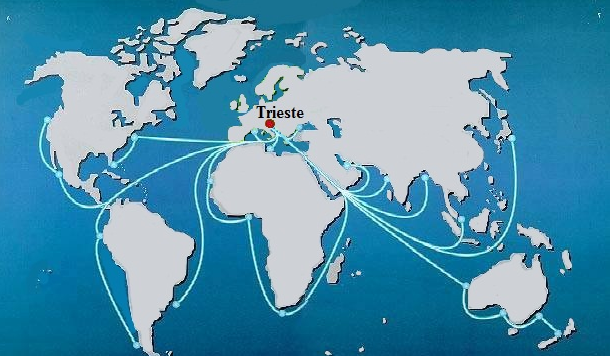THE POTENTIAL OF A FREE ZONE

As global markets slow down or face a serious crisis, there are exceptional areas that attract investments and capitals like magnets.
They are the economic free zones.
Not all free zones are the same: some are tax free, others envision tax advantages, and indeed, one of the most versatile and with the greatest potential are port free zones.
This is because port free zones are crossroads for ships from allover the world, freight is stored and manufactured there, and it can also travel from one country to another without being taxed.
Among many examples, there are Hong Kong, Port Said (Egypt), Jebel Ali (UAE) and Singapore, but there is one that is much closer to home: it is Trieste.
Since 1947 Trieste is not only and independent State, the Free Territory of Trieste, but it has the only international Free Port in the world!

Art. 34 of Annex VI of the Treaty of Peace with Italy (signed on 10 February 1947, in force since 15 September of the same year) establishes a unique international Free Port. Its unicity derives from the international source of this status, of its management, and of its free zones. Unlike other free ports, this is not established at the initiative of one State, rather, by a multilateral international Treaty, approved with a UNSC Resolution, S/RES/16 (1947) of 10 January 1947.
This Treaty includes also the international instrument for the management of the Free Port of Trieste (Annex VIII):
Article 3, annex VIII:
1. The area of the Free Port shall include the territory and installations of the free zones of the port of Trieste within the limits of the 1939 boundaries.
WHAT ACTIVITIES ARE ENVISIONED IN THOSE FREE ZONES?
Article 6, annex VIII:
Warehousing, storing, examining, sorting, packing and repacking and similar activities which have customarily been carried on in the free zones of the port of Trieste shall be permitted in the Free Port under the general regulations established by the Director of the Free Port.
Furthermore, Annex VIII envisions the establishment of an International Commission charged with the management of the port, consisting of the representatives of more than 12 States, including, of course, the Free Territory itself:
Article 21, annex VIII:
1. There shall be established an International Commission of the Free Port, hereinafter called “the International Commission”, consisting of one representative from the Free Territory and from each of the following States: France, the United Kingdom of Great Britain and Northern Ireland, the Union of Soviet Socialist Republics, the United States of America, the People’s Federal Republic of Yugoslavia, Italy, Czechoslovakia, Poland, Switzerland, Austria and Hungary, provided that such State has assumed the obligations of the present Instrument.
2. The representative of the Free Territory shall be the permanent Chairman of the International Commission. In the event of a tie in voting, the vote cast by the Chairman shall be decisive.
IS FREE ZONES ARE SO IMPORTANT, WHY ISN’T TRIESTE USING THEM?
It is because this potential can only be realized with in full observance of international law and this means respecting the Free Territory of Trieste and its independence.
Since 1954 the Free Territory of Trieste is entrusted to the administration of the Italian Government, which exercises it with local representatives and officers.
But taking advantage of the Cold War-era tensions, those officers established a powerful system that gains power from Trieste’s helplessness.
Shaded in anachronistic nationalism, this system allowed half of the international Free Port (the Northern Free Port, deceptively renamed “porto vecchio” is being labeled as an “old port” implying it to be useless) to fall into ruin to prevent it from competing with Italian ports and, since decades, the system does also simulate that Trieste is a part of Italy, thus forcing its citizens, residents, and companies also to pay the burdensome taxes of the Italian Republic, dooming them to a serious economic and social crisis.
Is there a solution? Of course: we can craft a different future, in which our international Free Port is a source of wealth and jobs for Trieste and for its neighbor States.
THE FREE TRIESTE MOVEMENT WORKS TIRELESSLY TO RE-ESTABLISH THE ROLE OF LAW AND REACTIVATE THE RIGHTS OF THE FREE TERRITORY OF TRIESTE AND OF ITS INTERNATIONAL FREE PORT!

The potential of a Free Zone like the one in Trieste: attracting wealth and investments.
